As a savvy business owner, you know that efficient operations are key to success. The right business software solutions can be transformative, streamlining your workflow and boosting productivity. These powerful tools automate tasks, enhance communication, and provide valuable insights, giving you a competitive edge. In this blog, we’ll explore how the right software can revolutionize your workflow, driving your business towards greater efficiency and profitability.
Understanding Business Software Solutions
What Are Business Software Solutions?
Business software solutions use a variety of tools designed to handle different areas of your operations. From managing customer relationships to making project management and handling financial tasks easier, these software solutions can significantly simplify your workload.
How Software Solutions Streamline Operations
By automating routine tasks, providing real-time data access, and improving communication, business software solutions can turn complex time-consuming processes into efficient, manageable ones. Imagine having all your customer interactions, sales data, and marketing campaigns managed all on one platform. That’s the power of a good CRM (Customer Relationship Management) system.

Benefits of Implementing Business Software Solutions
Increased Efficiency and Productivity
Automation is one of the biggest advantages of business software solutions. When routine tasks like data entry, scheduling, and reporting are automated, your team can focus on more strategic activities. For example, using accounting software can automate invoicing and payroll, saving hours every week.
Enhanced Communication and Collaboration
Effective communication and collaboration are really important, this is especially true if you have a remote or hybrid team. Software solutions like project management tools can make a big difference. These tools help with coordination among team members, clear task assignments, and improved project tracking.
Improved Data Management and Security
Storing your data in a centralized, secure system not only makes it easier to access but also protects it from breaches and compliance issues. An ERP (Enterprise Resource Planning) system can manage patient records, inventory, and billing, improving data security.
Key Business Software Solutions to Consider
Customer Relationship Management (CRM) Systems
CRMs help you manage interactions with current and potential customers. They can track sales, customer service issues, and marketing efforts in one place. Examples like Salesforce and HubSpot can help you keep track of your customer interactions, analyze sales data, and run targeted marketing campaigns.
Enterprise Resource Planning (ERP) Systems
ERPs integrate various functions like inventory management, accounting, human resources, and more into a single system. Solutions like SAP and Oracle NetSuite can streamline your operations and improve overall efficiency.
Project Management Tools
These tools are essential for managing tasks, deadlines, and team collaboration. Tools like Asana, Trello, and Monday.com are great for keeping your projects on track, ensuring that every team member knows their responsibilities and deadlines.
Accounting and Financial Management Software
These solutions simplify financial operations, from invoicing to expense tracking and payroll. QuickBooks and Xero are top choices for managing your business finances, providing easy-to-use interfaces and powerful features.
Selecting the Right Software for Your Business
Assessing Business Needs and Goals
Start by identifying what you need. Are you looking to improve customer relationships? Manage your finances more effectively? Increase team collaboration? Conduct a needs analysis to figure out the areas where software can make the biggest impact.
Evaluating Software Options
Do your research. Compare different solutions based on features, pricing, user reviews, and recommendations from other business owners.
Considering Scalability and Integration
Choose software that can grow with your business and integrate with your existing systems. This will save you from having to switch to a new solution as your needs change over time.

Best Practices for Implementing Business Software Solutions
Planning and Preparation
Set clear goals and timelines for implementation. Assemble a team to oversee the process and ensure everyone knows their roles.
Training and Support
Provide training for your staff to ensure they can use the new software effectively. Using vendor support and resources can help get the most out of your new solution.
Monitoring and Optimization
Track the software’s performance and gather user feedback regularly. Use this information to make necessary updates, ensuring the software continues to meet your needs.
Implementing business software solutions can revolutionize your workflow, making your operations more efficient and productive. By understanding your needs, choosing the right tools, and following best practices for implementation, you can transform your business processes and drive success.
Ready to streamline your business operations and boost productivity? At Focust Apps, we specialize in providing business software solutions. Whether you need help integrating different software or developing custom solutions tailored to your unique needs, our team of experts is here to help. Contact us today to learn how we can revolutionize your workflow and drive your business success.




